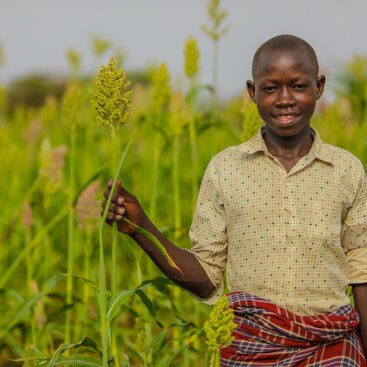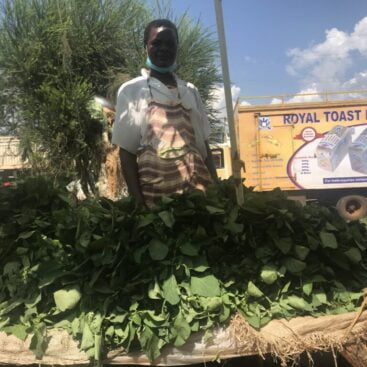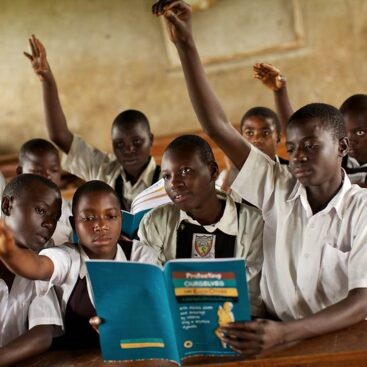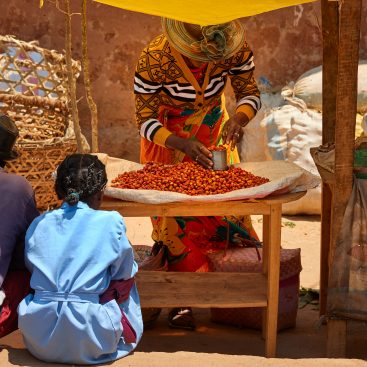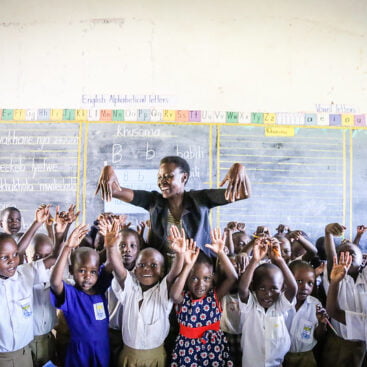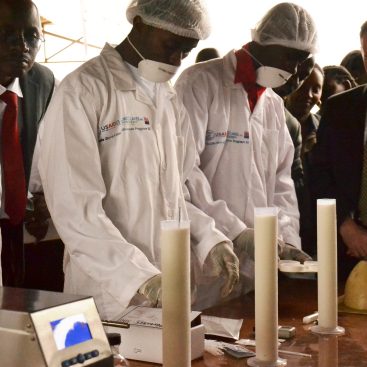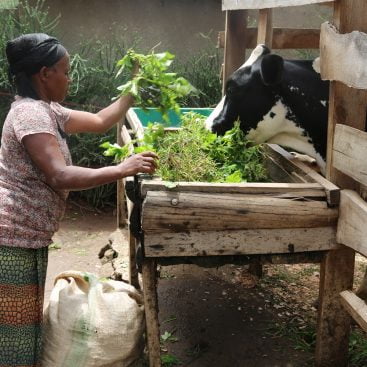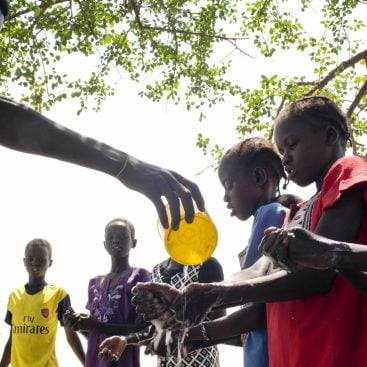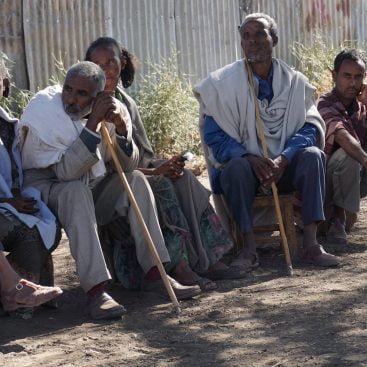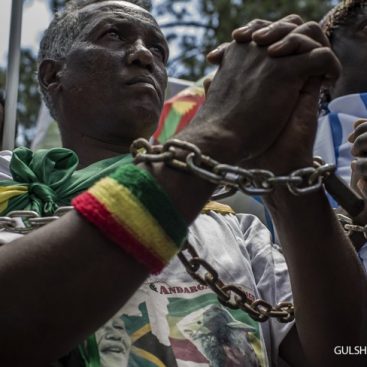Research Team
PI:

Muluken Gezahegn Wordofa, Ph.D.
Research Theme Leader for Institutions, Innovation Systems, and Economic Development
Haramaya University
Email: mgw.tud@gmail.com
Co-Pi:

Getachew Shambel Endris, Ph.D.
Assistant Professor, School of Rural Development and Agricultural Innovations
Haramaya University
Email: getchs2006@gmail.com
Co-Pi:

Chanyalew Seyoum Aweke, Ph.D.
Director for Research Extension and Publication
Haramaya University
Email: acseyoum@gmail.com
Co-Pi:

Jemal Yousuf Hassen, Ph.D.
Associate Professor, School of Rural Development and Agricultural Innovation
Haramaya University
Email: jemaly2001@yahoo.com
Co-Pi:

Jeylan Woliye, Ph.D.
Professor of Cultural and Social Analysis
Haramaya University
Email: jeylanw@yahoo.com
Co-Pi:

Kidesena Sebsibe
Research Publication Officer and Lecturer
Haramaya University
Email: munagire@gmail.com
Co-Pi:

Dereje Kifle, Ph.D.
Assistant Professor, School of Rural Development and Agricultural Innovation
Haramaya University
Email: d_kifle@yahoo.com
Co-Pi:

Million Sileshi, PhD
Acting Head, School of Agricultural Economics and Agribusiness
Haramaya University
Email: millionsileshi@gmail.com
Co-Pi:
Eden Andualem Tilahun, MSc, School of Agricultural Economics and Agribusiness
Lecturer and Leader of the Economic Development Policy and Institutional Analysis Research
Haramaya University
Email: edifenet@gmail.com
Co-Pi:

Kadija Kadiro Geche
Lecturer, School of Rural Development and Agricultural Innovation
Haramaya University
Email: kediya14@gmail.com
Co-Pi:

Abdulmuen Mohammed Ibrahim, DVM
Manager | Research Projects @ Office of Research Affairs
Haramaya University
Email: abdulmuenmoha@gmail.com
Embedded Research Translation Lead:

Bonsitu Ibrahim
East Hararghe Zone Pastoralist Area Development Coordination Commission
Oromia Pastoralist Area Development Coordination Commission
Email: bonsituibrahimsulyeman@gmail.com
Project Information
Title of Project: Youth Empowerment through Livelihood Transformation in Agro-Pastoral Areas of East and West Hararghe Zones, Oromia Regional State, Ethiopia
Sector: Youth Development, Civic Engagement, and Leadership
Country: Ethiopia
Lead Institution: Haramaya University
Co-PI Institution: Haramaya University
Partner(s): Oromia Pastoralist Area Development Coordination Commission
Final Budget: US$ 249,377.00
Project Length: 24 months
Research Objectives:
- Assess occupational aspirations of male and female youth in agro-pastoral areas of East and West Hararghe zones
- Evaluate existing policy strategies, practices, and development interventions in Ethiopia and identify factors that may enhance/constrain effective participation of rural youth in the study area
- Evaluate the impact of existing development interventions in improving livelihoods and empowerment of rural youth (economic independence, income, self-employment, access to and control over economic resources, and food and nutritional security)
- Identify competitive advantages and potential sources of sustainable livelihood opportunities for agro-pastoral youth
- Design, implement and evaluate demand-driven capacity-building interventions that may enhance rural youth’s entrepreneurial skills and capabilities, livelihood, and empowerment
Project Description:
The world’s greater partition of poor population lives in Sub-Saharan Africa, where households’ livelihoods are primarily based on unproductive crop and livestock farming. Youth unemployment has become a daunting socio-economic and political challenge. It is now a grave concern for governments both in Africa and developed countries where desperate African youth migrate in search of livelihoods. In Africa, youth unemployment poses security concerns simply because the unemployed youth floundering in poverty, frustration and anger are a potential source of social unrest and instability (Mueller & Thurlow, 2019). The problem is more critical in Ethiopia in general and East and West Hararghe zones in particular. The two zones are among disaster-prone regions of Ethiopia, where rural households are vulnerable to food insecurity (Kassegn & Endris, 2021; Sileshi, Kadigi, Mutabazi & Siber, 2019). In this area, rural male and female youth working in agriculture suffer from a continuous cycle of poverty and vulnerability. Since gender inequalities in agriculture remain pertinent, female youth and mothers are particularly at risk of hunger when crisis strikes due limited bargaining capacity (limited access to institutional access to resources such as credit and extension services) and patriarchal norms that create barriers for female inheritance/land rights (given as rites of passage). For both male and female youth in this area, rural youth and women suffer from a continuous cycle of poverty and vulnerability. The problem is exacerbated by pervasive resource-related social conflicts, climate and weather-induced shocks, and policy shocks that cause poverty and internal displacement. Provided that the youth are supported and empowered, they can significantly impact rural transformation. Rural capacity-building and livelihood support programs can help build their entrepreneurial capabilities, strengthen their skills, and increase their employability. However, this requires a thorough understanding of the impact of the existing interventions and specific socio economic, institutional, environmental constraints and opportunity structures. The current study thus aims to: assess youth aspirations; identify and evaluate institutional efforts and programs designed to address youth empowerment; evaluate the impact of existing development intervention; identify levels and types of opportunity structures available to the youth; assess challenges and enabling factors, and evaluate the role of socio-economic and demographic characteristics (such as age, gender, education, family background) in shaping aspirations and unlocking potential opportunities; and design, implement and evaluate participatory and demand-driven capacity-building interventions that may enhance rural youth’s entrepreneurial skills and capabilities, livelihood, and empowerment in the study area. A combination of sustainable livelihood framework (SLF) and positive youth development (PYD) approach will be adapted to understand the situation of youth and design better and implement tailor-made programs for their empowerment.
The proposed project will be implemented in selected agro-pastoral areas in East and West Hararghe zones. The targeting of both East and West Hararghe will increase the scope of the project and widen the applicability of the results to other agro-pastoral areas in Ethiopia. This will further strengthen the study’s contribution to youth strategy development and policymaking in an agro-pastoral context. The unique feature of this study is that it involves the integration of action research and mixed methods. A total of four districts will be selected from East and West Hararghe Zones. In each district, three representative kebeles will be selected based on possibilities for comparisons, vulnerability context, and existence/lack of development interventions by GOs, NGOs, and other organizations. Finally, 400 rural youths will be selected in consultation with key informants who have knowledge about gender structure, power relationships, and culture. To ensure adequate inclusion and representation of women/female youth respondents, more than 50% of the respondents will be women/female youth. Of the total sample respondents, 160 agro-pastoral youth will be identified to participate in the proposed capacity-building intervention. The remaining youth will be used as a comparison group to assess the effectiveness of the capacity-building intervention. It will be made sure that at least half of the target participants will be female. In general, data required for the proposed project will be obtained from primary and secondary sources using a semi-structured interview schedule, focused group discussions (FGDs), key informant interviews (KIIs), and life history interviews (LHIs). A combination of qualitative and quantitative methods will be employed to analyze data. Qualitative data will be analyzed using thematic and content analysis. In contrast, quantitative data will be analyzed through descriptive statistics (mean, frequency, and standard deviation) and inferential statistics (t-test, F-test, chi-square test). The project’s intervention plan aspires to provide strategic directions for enhancing youth empowerment and proposing models that prepare them and disadvantaged women for productive activities and entrepreneurship.
Embedded Research Translation Product:
1. Policy briefs (in three languages – English, Afan Oromo, Amharic)
- Strengths, limitations, lessons learned, and ways forward in implementing youth-friendly development interventions in eastern Ethiopia
- Barriers constraining effective participation of rural youth in existing development interventions
- Impact assessment of existing development interventions in improving livelihoods and empowerment of rural youth
- Identification of competitive advantages and potential sources of sustainable livelihood opportunities for rural youth
- Impact evaluation of capacity-building interventions on the livelihood and empowerment of rural youth
2. Result dissemination workshops/meetings
- Systematic review result dissemination event
- Annual research, extension and community engagement workshop
- Bi-annual progress sharing and feedback gathering from stakeholders
- Project closing and preparation for scaling up of project impact
3. Training/technical manual/module preparation
- Module on youth participation in business and entrepreneurship (in three languages – English, Afan Oromo, Amharic)
4. Conducting training
- Training on entrepreneurial life skills, attitude and knowledge
- Training on business plan preparation and starting own enterprise
5. Youth (development) policy strategy document (for targeting and engagement)
6. Multimedia module (OER), ICT platforms (website, social media); e-learning modules
- Preparing and hosting OER (e-learning materials)
- Broadcast and text-based media interviews (e.g., HU FM)
- Documentary video (OBN, EBC)
Embedded Research Translation Audience:
Decision-makers, youth and women in the study area, policy makers at various tiers, researchers, experts in Oromia Pastoralist Area Development Coordination Commission, workshop participants, pastoral training centers (PTCs)

